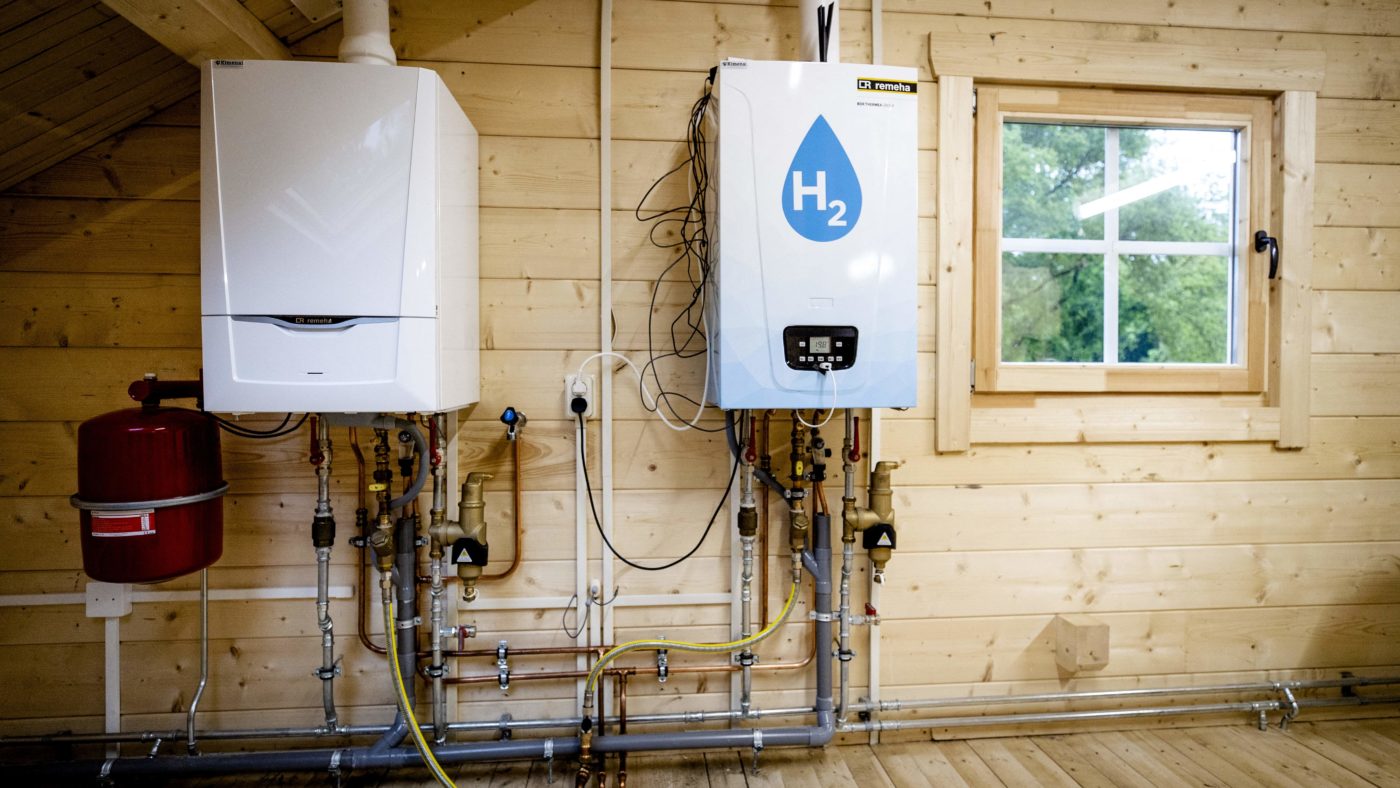‘Hydrogen boilers could cause four times as many explosions as gas.’ That was the alarming-sounding headline on the front page of today’s Daily Telegraph (with similar write-ups elsewhere). A grievous blow for the Government’s plans to get us to Net Zero, you’d think.
But something about the headline struck an odd note. A few weeks ago, I hosted a CapX Live event with Tom Chivers, science columnist at UnHerd, about his new book How to Read Numbers (you can watch the interview here).
One of its themes is about how often the media get statistics wrong. And one of its golden rules is that whenever you read a story about some frightening-sounding thing happening more often, you should check how likely that thing is to actually happen. If eating toast quintuples your risk of getting throat cancer, it makes sense to first ask how often you get throat cancer to begin with.
So, in terms of exploding boilers, it sure sounds like hydrogen boilers are more dangerous than their gas equivalent. But what’s the baseline risk? How often do we actually hear about boilers of any type exploding?
Well, according to the article:
‘A safety assessment carried out by consultants Arup on behalf of the business department found that hydrogen in homes could cause 65 injuries or fatalities a year, and 39 explosions in the kitchen or entire ground floor, compared to 17 individuals injured and nine explosions for natural gas.’
This certainly sounds impressive. Until you realise that 22 million homes in the UK have gas boilers. So, what we’re talking about is an annual failure rate of 0.00004% becoming an annual failure rate of 0.00018%.
But then there’s the phrasing of that Arup report too. The figures are for ‘fatalities or injuries’, but there’s a pretty substantial difference between the two. How severe are these injuries? How often are they fatal? We simply don’t know, not least because the figure of 65 hydrogen-related injuries/fatalities is only a prediction.
But there’s more. We then discover that, actually, the supposedly more dangerous hydrogen boilers may not be a problem at all because:
‘The risk can be mitigated by installing extra equipment, known as excess flow valves, in the pipe network, according to the study.’
You would imagine that installing that equipment is something we would do as standard if there were a mass rollout of hydrogen boilers. On account of industries and regulators preferring, on the whole, not to kill their customers. Though again, there’s no detail in the article about how much mitigating this extra equipment does.
But the clincher came at the very end of the article, where it noted that hydrogen boilers would mean fewer deaths from carbon monoxide poisoning – which, according to the article (quoting the study) run at 60 per year.
In other words, it would be perfectly possible – and indeed more accurate – to headline the piece: ‘Switching to hydrogen boilers could save lives, says study.’ Exactly how many lives depends on how many deaths those 17 gas-related injuries and 65 hypothetical hydrogen-related ‘fatalities and injuries’ account for. But the balance is almost certainly in hydrogen’s favour.
Yet even that isn’t the end of the story. After I posted a Twitter thread on this, one commenter got in touch to point to the Health and Safety Executive’s data on gas safety. This found that the number of gas boiler accidents/explosions is much higher than in the article, but the number of carbon monoxide deaths is much lower. That 60 figure seems to be the total annual number of people poisoned per year, rather than the number attributable to leaky boilers and ovens.
So taking both statistics together, it may be that hydrogen boilers are roughly as safe as current ones (which is, by any historical standard, very safe indeed) but will only save a handful of lives rather than dozens.
As a matter of fact, the Energy Networks Association – which represents the people who pipe our power – released a briefing on the same Arup safety assessment which drew totally different conclusions from the Telegraph. The purpose of the study, it explained, was to check whether hydrogen would still work as a fuel with our existing gas infrastructure.
The key takeaway was that that with some small changes (in particular the installation of those valves mentioned above) ‘hydrogen can be as safe as the natural gas-based system we use today’. In fact, hydrogen would actually, with those valves, be safer than the current system: ‘the number of people injured would drop even lower than it is today’.
At this point, I should declare an interest. The think tank I run, the Centre for Policy Studies, published a report on the hydrogen transition in transport, supported by green hydrogen company Ryse Hydrogen, and I am generally in favour of the technology.
Of course, there is a big argument to be had about the desirability of switching from gas boilers to hydrogen. But as with other issues – vaccines, anyone? – it’s crucial to have that argument on the basis of the facts. As it stands, we should all be much less worried about exploding boilers than about dodgy statistics.
Click here to subscribe to our daily briefing – the best pieces from CapX and across the web.
CapX depends on the generosity of its readers. If you value what we do, please consider making a donation.


